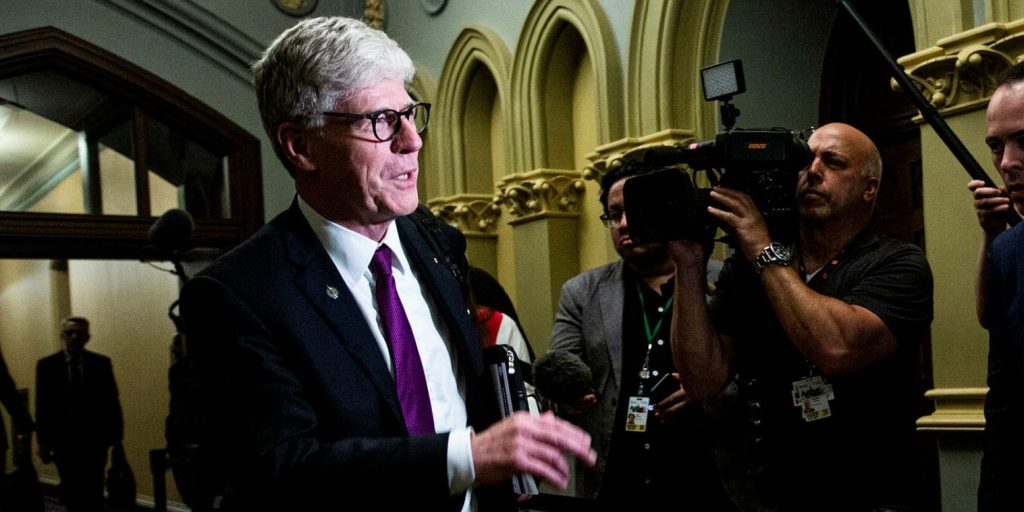Science, cyber, engineering and tech experts will defend our sovereignty in the 21st century

Universities are ready to partner to train the next generation with the skills needed to advance new technologies to better protect our sovereignty.
Why Canada should oppose Trump’s Golden Dome proposal

A comprehensive ballistic missile defence system is viewed by many defence analysts as potentially destabilizing as it could be perceived as enabling a nuclear first strike by one side.
Avro Arrow ambition is needed to meet this moment

Defence industrial capacity grows when government sends clear and sustained market signals coupled with firm long-term contracts.
Outpacing AI-speed threats: why Canada must rethink defence innovation

Canada has the momentum to be a world-leader in adapting behavioural AI to the electromagnetic warfare space, but needs to focus on a few keys to success.
The consumer industrial complex

The war in Ukraine heralds a new future for killing machines—and that future belongs to China and Ukraine.
Canada’s ZEV mandate will leave 450,000 drivers stranded

The legal and economic constraints of the zero-emission vehicle mandate could reduce supply by thousands of vehicles, leaving significant consumer demand unmet.
The modern-day malady of modern-day veterans

Given the mental health struggles many veterans face, the truth is we continue to lose those who have served to their injuries, but it is not as easy to find the number after they’ve left the Forces.
Emissions cap may ‘no longer be required’ as Ottawa favours carbon capture, critical minerals: budget

The controversial oil and gas emissions cap would have ‘marginal value in reducing emissions,’ says Carney’s first federal budget, which focuses on tax credit incentives and methane regulations to reach net zero.
Building a national Canadian economy starts with our fuel sector

For the prime minister to build ‘one strong national economy,’ he must first work with provinces and territories to fix unfair and inconsistent regulations and policies across the country.
Here is a nation-building project that would really make a difference

Creating a well-being society is about ensuring everyone across Canada has equitable access to the goods and services we all need to live a safe and fulfilling life.

